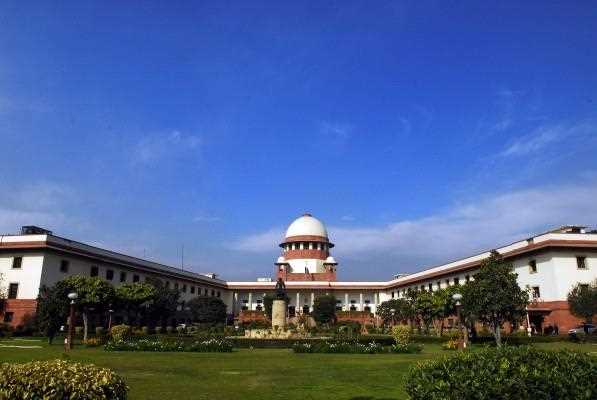No. Actually, the Supreme Court and the High Courts are responsible for checking laws, whereas the Legislature (the Parliament and State Legislative Assemblies) is the law maker. It means that the Constitution itself gives them the authority to determine whether or not any laws passed by the legislative bodies are in accordance with the Constitution. The Supreme Court is the guardian of the Constitution.
In recent times, the Court has been criticized for overstepping its bounds and interfering in the domain of the legislature. However, there are those who believe that the Court is well within its rights to intervene when the legislature fails to discharge its duties.
The question then is: Is the Supreme Court of India a de facto lawmaker?

There is no simple answer to this question. The Supreme Court is vested with wide-ranging powers and it has used these powers to fill the vacuum created by the inaction of the legislature on several occasions. However, whether or not the Court is a de facto lawmaker is a matter of debate.
Those who believe that the Court is a de facto lawmaker argue that the legislature has failed to discharge its duties on several occasions, leading to a situation where the Court has had to step in. They point to instances such as the Ayodhya dispute, the Triple Talaq judgment, and the recent ruling on the reservation for Scheduled Tribes in promotions in government jobs.
They argue that the legislature has abdicated its responsibility in these and other matters, and that it is the duty of the Court to step in and fill the void.
Those who believe that the Court is not a de facto lawmaker argue that the legislature is fully capable of dealing with these issues, and that the Court should not interfere in the domain of the legislature. They point to the fact that the legislature has passed several landmark laws in recent years, such as the GST, the Insolvency and Bankruptcy Code, and the Aadhaar Act.
They argue that the Court should not interfere in the working of the legislature, and that it should confine itself to interpreting the Constitution.
The question of whether the Supreme Court of India is a de facto lawmaker is a complex one, and there is no easy answer. However, the debate on this issue is sure to continue in the years to come.